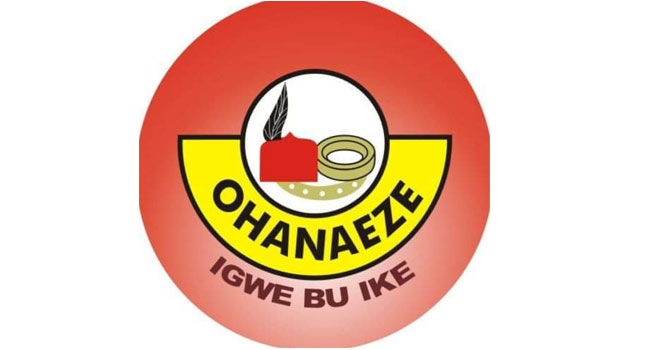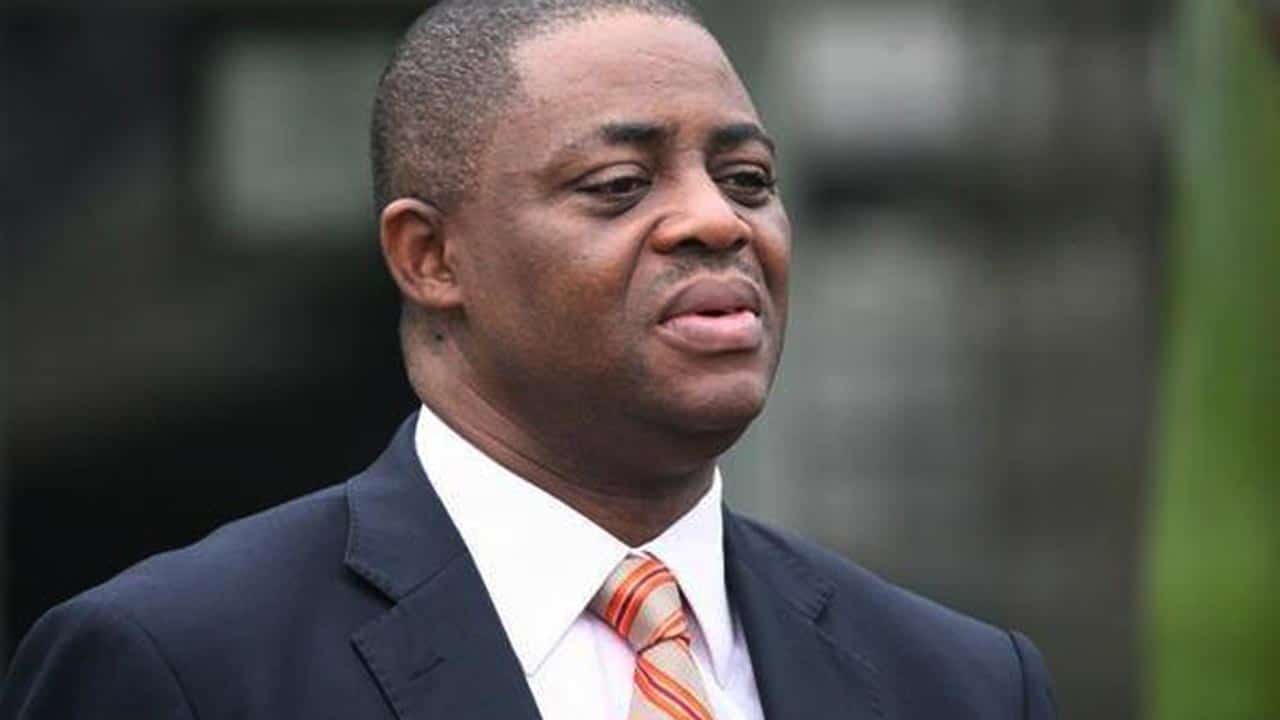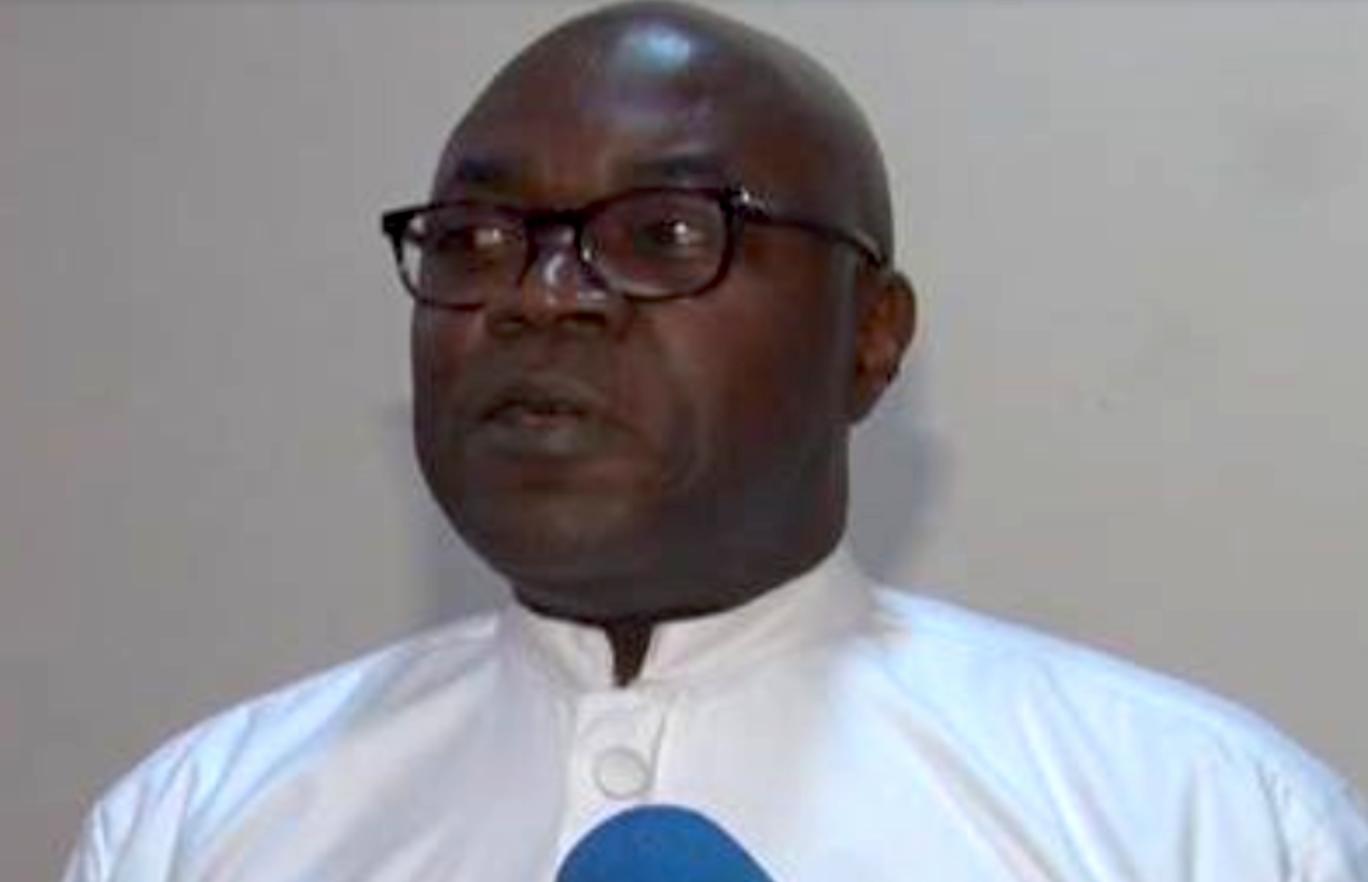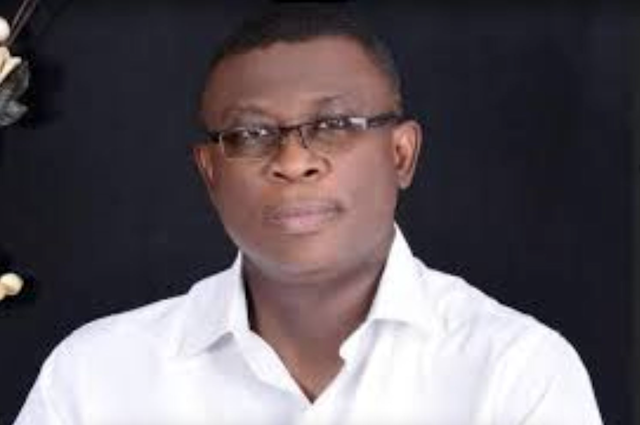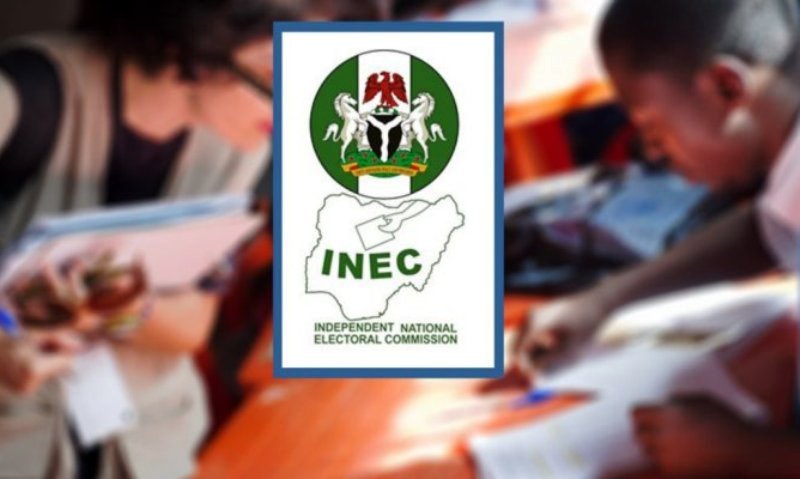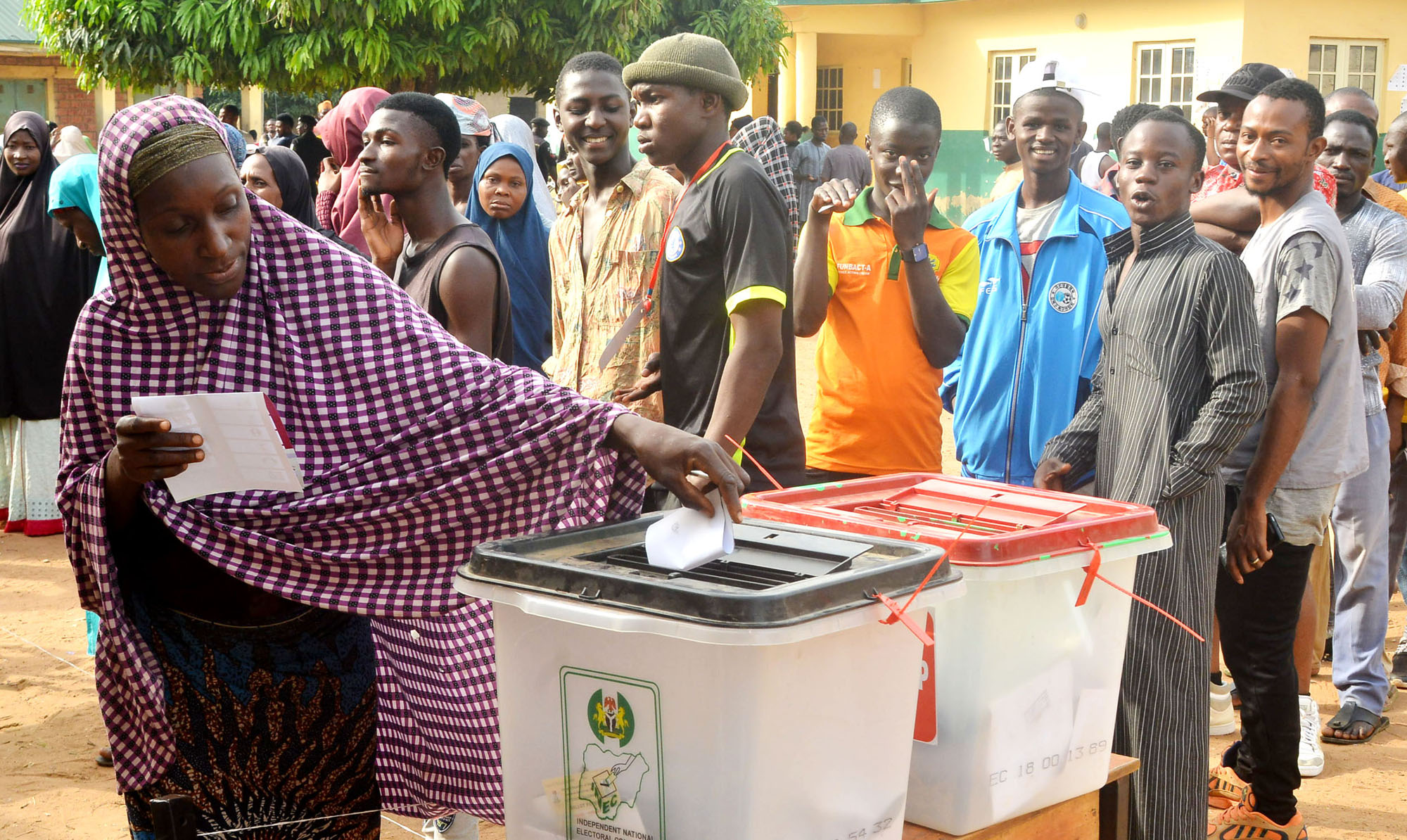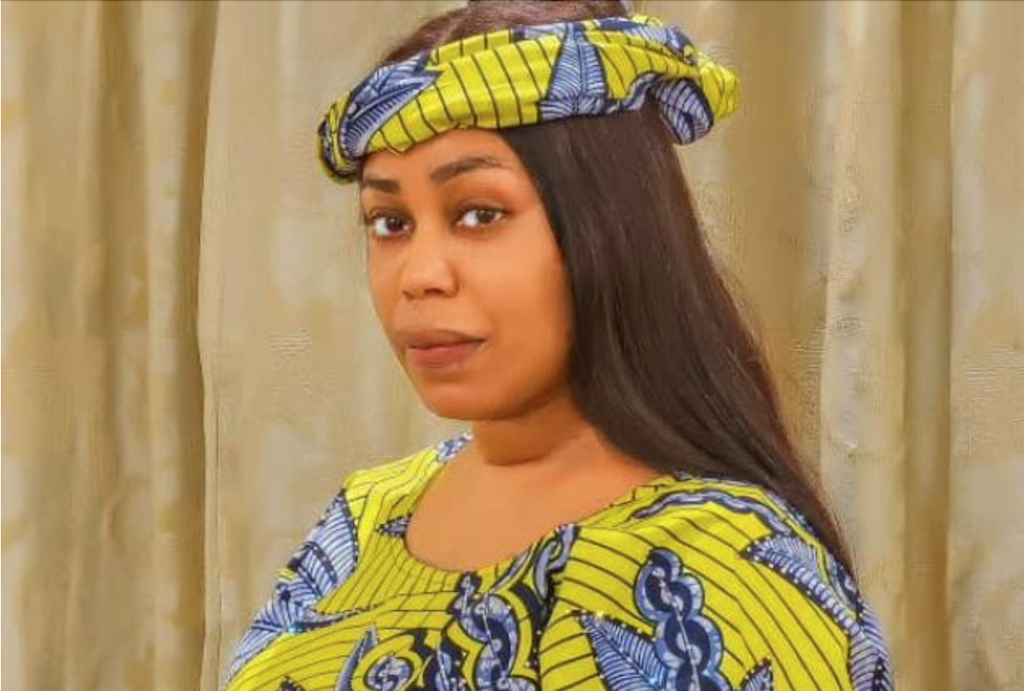The apex Igbo socio-cultural organisation, the Ohanaeze Ndigbo General Assembly Worldwide, has finally made comments on the 2023 presidential election in the country.
According to the body, Peter Obi’s presidency is not destined to happen in 2023.
Ohanaeze claimed that the success of Bola Ahmed Tinubu as the winner of the presidential election a welcome development and pleasing to the heart.
This was disclosed via a statement on Sunday by the Director General, Implementation and Strategic Planning, of the group, Ambassador Tony Chiemelu Obizoba,.
The statement reads in part: “The group visualises the success of the APC flagbearer in the election contest as one that will lead to unifying Nigerians for a focused development plan that will follow. Tinubu is capable, and we have no doubt in his capacity to ensure the continuity of the achievements of President Muhammadu Buhari, which are apparent, indisputably correct and will continue to stand as good legacies for generations of leaders to come.
“The Ohanaeze Ndigbo congratulates Peter Obi for creating an unprecedented commitment to changing the status quo with a hitherto unpopular political party, making great sweeps of votes across all regions but North West of Nigeria to finish an “unputdownable” third position.
This Igbo umbrella body will continue to remember Obi, former Governor of Anambra State, as one who, despite all odds, laboured hard to actualise a Nigerian President from the Igboland. However, God has not destined it to happen in 2023. It may happen later. God spares the life of everybody.
“It would not be out of place to also congratulate the Peoples Democratic Party (PDP) ‘s presidential candidate, His Excellency, Alhaji Atiku Abubakar GCON, on his effort that ended in second position. Across the top three political parties were Igbo sons and daughters, who made the frantic effort because, as APC, PDP and LP, there are Igbo people who notably campaigned and voted.
“However, the bloc votes for Peter Obi in the South East should not be seen by anyone as anti-other Nigerians. It is more to show that the Igbo do not hate themselves, as some Nigerians say. In all, the general performances of the candidates across parties have given this group the confidence to agree that the emergence of one of them, who is Tinubu of the All Progressives Congress (APC), as President-elect of the Federal Republic of Nigeria, is well deserved and we say congratulations!
“We also want to seize this opportunity to call on some elements in Lagos State, who see the vote for Labour Party’s Peter Obi as hate by Igbo people and who are, therefore, now threatening the lives of Igbo. It should not be so. From the investigations by the Ohanaeze Ndigbo General Assembly Worldwide, the vote in Lagos was not solely an Igbo thing but a decisive voting system by a rainbow movement of people from across the tribes, who live and do business in Lagos State. It should be seen more as Nigerians across tribes exercising their franchise to freely vote to choose their leaders in a democracy as enshrined and guaranteed in the Constitution of the Federal Republic of Nigeria. Those who are circulating videos, threatening and drumming the sounds of war over the coming governorship and House of Assembly elections of March 11, 2023, in Lagos State because of Igbo people, should stop it in the national interest of Nigeria and the collective good of the masses of the Nigerian people.
“We would not end this press statement without having to extol the grand performance of President and Commander-in-Chief of the Federal Republic of Nigeria, President Muhammadu Buhari, the General Lucky Irabor-led Nigerian Armed Forces, the IGP Usman Alkali Baba-led Nigeria Police Force and the Alhaji Yusuf Magaji Bichi-led Department of State Service (DSS) as well as the leadership of Nigeria Security and Civil Defence Corps (NSCDC) for their neutrality that brought whatever challenges emanating from the recent voting exercise to the barest minimum.
“The Ohanaeze Ndigbo General Assembly Worldwide, therefore, calls on the President, the security forces and security/intelligence agencies to improve on the performances of the last election to make the governorship and national assembly elections of March 11 more commendable.”
